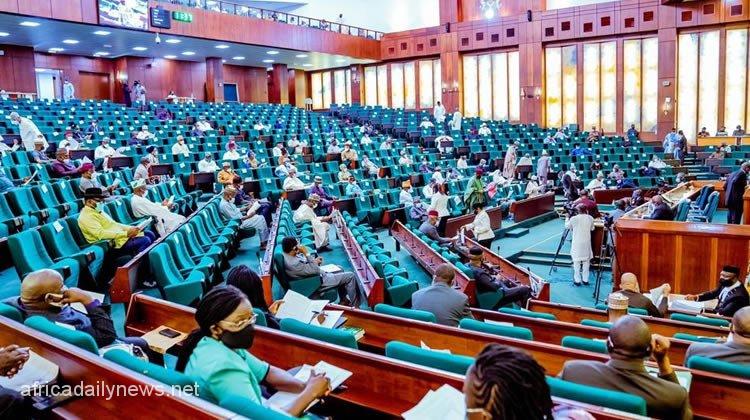The Federal Government’s plan to retain the collection of Value Added Tax (VAT) despite a Federal High Court ruling, on Tuesday faced a major hit as the National Assembly rejected a proposal seeking to shift the collection of VAT from the concurrent to the exclusive legislative list, effectively leaving the decision to the Supreme Court which is currently hearing the matter.
Africa Daily News, New York recalls that last year, a Federal High Court had ruled that states had the powers to collect VAT, a ruling which the Federal Government vehemently opposed and have continued to collect VAT while it projecting that it will collect N2.2tn in 2022 through the Federal Inland Revenue Service.
The administration of President Muhammadu Buhari has also incorporated VAT collection in its Finance Act 2021 as well as included it in its 2022 budget, a move that put the government on a collision course with the Southern Governors’ Forum.
Read Also: VAT Suit Will Test Nigeria’s Respect For Rule Of Law – Wike
Recall that the Federal Inland Revenue Service was also reported to have lobbied the National Assembly by sending a proposal to the House of Representatives seeking to move VAT collection to the exclusive list. Although the tax agency denied this claim, the National Assembly accepted the proposal and sent it to its constitutional amendment committee.
On Tuesday, the National Assembly, voted on 68 amendments recommended by the Joint Senate and House of Representatives’ Special Ad Hoc Committee on the Review of the 1999 Constitution.
A Bill for an Act to Alter Part I of the Second Schedule to the Constitution of the Federal Republic of Nigeria, 1999 to include Value Added Tax on the exclusive legislative list failed at the upper legislative chamber
A total of 95 senators registered to vote and 85 voted. While 41 voted in favour of VAT being collected exclusively by the Federal Government, 44 voted against it while no one abstained. In the end, the bill failed because it did not meet the minimum 73 votes.
In the House of Representatives, about 209 lawmakers voted to retain VAT on the concurrent list while 91 voted for it to be placed on the exclusive list.
AFRICA DAILY NEWS, NEW YORK










